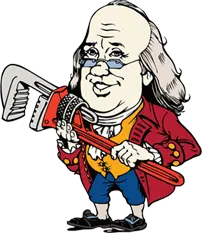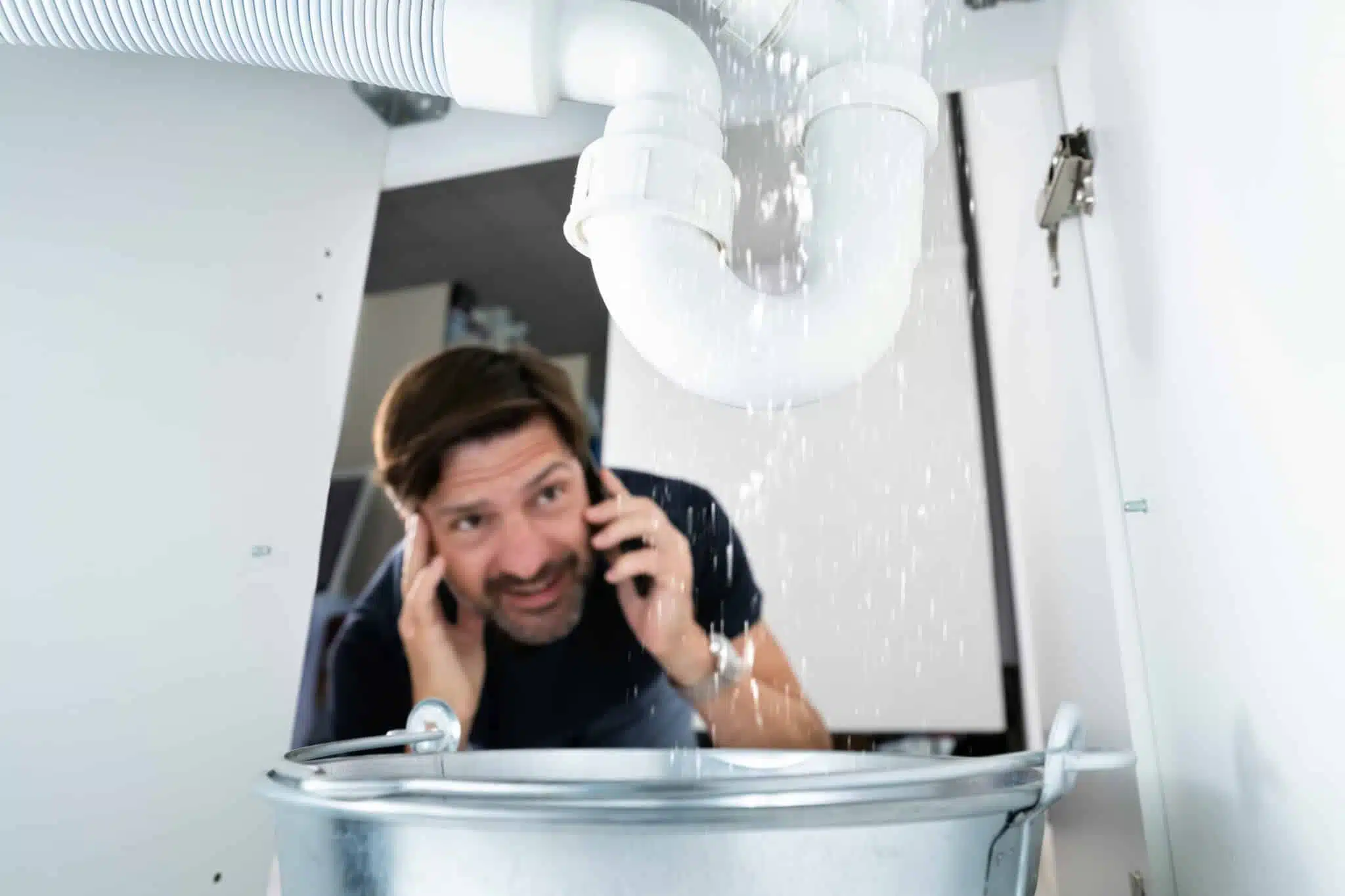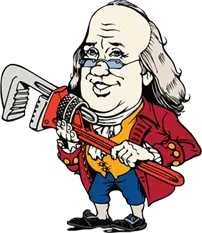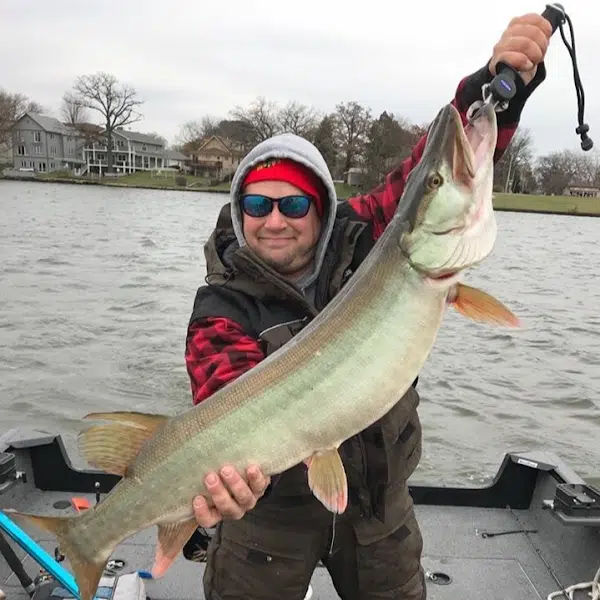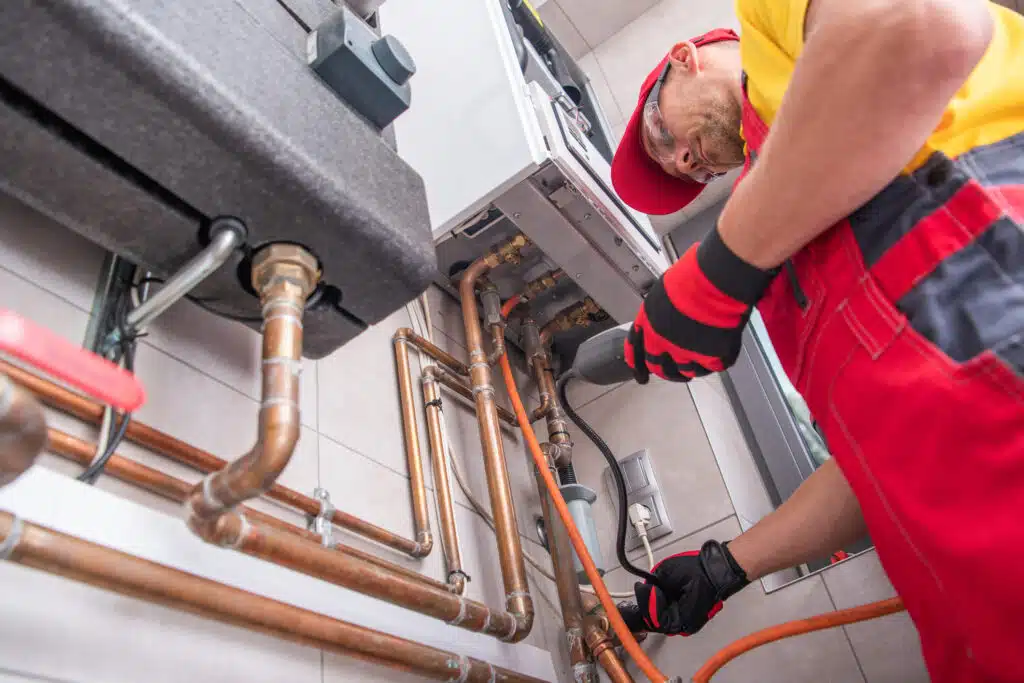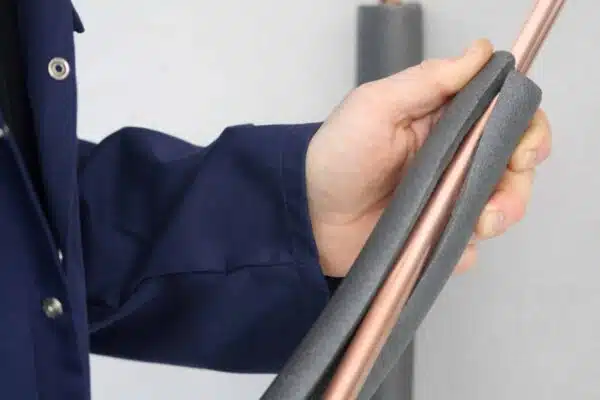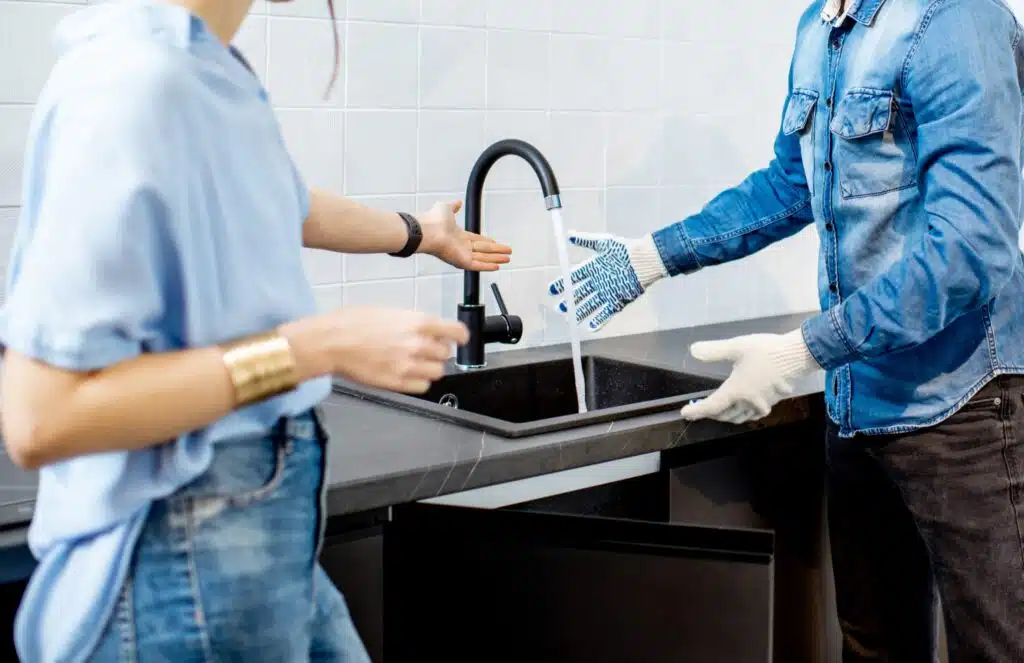Older homes are charming but often come with plumbing problems like leaky pipes, outdated fixtures, and corroded materials. Common issues include:
- Leaky Pipes: Often caused by corrosion or age-related wear, leading to water damage and increased bills.
- Corroded Pipes: Rust and deterioration can cause water contamination and reduced water pressure.
- Clogged Drains: Buildup from years of use can lead to slow drainage and backups.
- Low Water Pressure: Corroded pipes, mineral buildup, or outdated systems often restrict water flow.
Regular inspections and updates can prevent these issues, but for more serious or persistent problems, it’s best to call a professional like Benjamin Franklin Plumbing of Lancaster to ensure your home’s plumbing is in top shape.
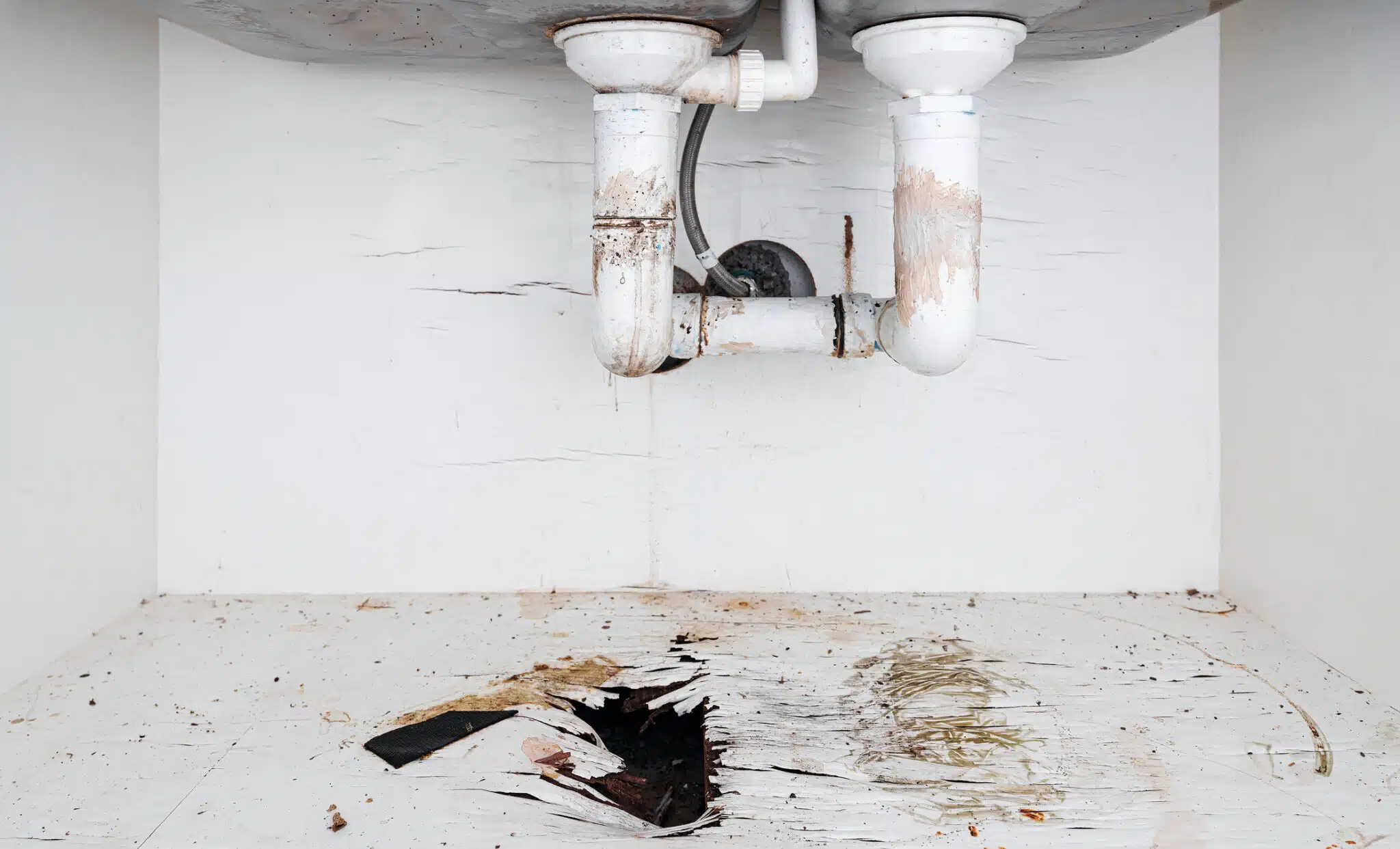
Older homes often come with charm and character, but they also tend to have their share of plumbing problems. From leaky pipes to outdated fixtures, these issues can turn into a real headache if not addressed.
In areas like Lancaster, PA, and Reading, PA, many houses have aging plumbing systems that haven’t been updated in decades. Understanding the common plumbing problems in older homes can help you stay ahead of potential issues and keep your home’s plumbing running smoothly.
Why Older Homes Have Plumbing Problems
Older homes often face plumbing problems because the materials and techniques used in the past were quite different from today’s standards.
Back then, pipes were commonly made from materials like galvanized steel, cast iron, and even lead, which tended to corrode, rust, or degrade over time. This makes them more prone to leaks, blockages, and other plumbing failures.
Additionally, decades of use, shifting foundations, and changes in water pressure can wear down these aging systems. Homes in Lancaster, PA, Lebanon, PA, and Reading, PA, are particularly susceptible because many properties are decades or even a century old, with plumbing systems that have seen better days.
The charm of an older home is undeniable, but it often comes with the responsibility of dealing with outdated plumbing.
Common Plumbing Problems in Older Homes
Older homes are beautiful, but they can also be a hotbed for plumbing problems. Here are some of the most common issues you might encounter:
Leaky Pipes
Leaky pipes are one of the most frequent plumbing problems in older homes, often caused by the wear and tear of outdated materials. Pipes made from materials like galvanized steel can corrode and develop leaks over time, which can start small but grow into major issues. Even minor cracks can lead to significant water damage if not addressed quickly.
- Causes: Corrosion, age-related wear, and shifting foundations are common culprits for leaks. Over time, these factors can weaken pipes, causing them to crack or burst unexpectedly.
- Effects: Water damage, mold growth, and increased water bills are direct results of leaky pipes. Unchecked leaks can lead to expensive repairs and potential health issues from mold exposure.
- Prevention: Regular inspections and timely repairs to catch leaks early are crucial in maintaining the integrity of your plumbing. Installing water leak detectors can also help identify problems before they escalate.
Corroded Pipes
Corrosion is a major plumbing problem in older plumbing systems, especially those made of materials like iron or copper. As pipes age, they react with water and minerals, causing rust and deterioration. Corroded pipes not only affect water quality but can also lead to reduced water pressure and even pipe bursts if left unchecked.
- Common Signs: Discolored water, a metallic taste, and frequent leaks are signs of corroded pipes. These issues can signal that your pipes are degrading internally, even if the damage isn’t visible.
- Risks: Pipe bursts, water contamination, and structural damage can occur if corrosion goes untreated. Corroded pipes can also compromise the safety of your drinking water, posing health risks.
- Solutions: Replace old pipes with modern materials like PEX or copper, which are more resistant to corrosion. Regularly inspecting your plumbing can help catch corrosion early before it becomes a bigger problem.
Clogged Drains
Clogged drains are a common problem in older homes due to years of buildup from hair, soap, grease, and other debris. These clogs can cause slow drains, unpleasant odors, and even complete blockages that disrupt daily activities. In some cases, the problem may be deeper in the system, like tree roots invading older sewer lines, which requires professional intervention.
- Typical Causes: The buildup of debris, aging pipes, and invasive tree roots are frequent causes of clogged drains. Over time, these elements can create significant blockages that are hard to clear without professional help.
- Consequences: Slow drainage, backups, and potential water damage are common effects of clogged drains. Persistent clogs can also lead to increased pressure in the pipes, risking leaks or bursts.
- Prevention Tips: Regular drain cleaning, using drain guards, and avoiding flushing non-degradable items can help keep your drains clear. Professional maintenance every few years can also prevent deep-rooted issues from developing.
Low Water Pressure
Low water pressure can be a frustrating issue in older homes, often caused by corroded pipes, leaks, or mineral buildup restricting water flow. Old, narrow pipes and outdated fixtures can further exacerbate this problem, making showers and washing dishes a hassle.
- Common Culprits: Corrosion, buildup, and outdated plumbing are common causes of low water pressure. These problems restrict water flow, making everyday tasks more time-consuming and less efficient.
- Impacts: Inconvenience during daily tasks and reduced efficiency of appliances are direct results of low water pressure. Low pressure can also affect how well appliances like dishwashers and washing machines function.
- Fixes: Replacing corroded pipes, cleaning out mineral deposits, and upgrading to modern fixtures can restore proper water flow. In some cases, a pressure-boosting system may be necessary to maintain adequate water pressure.
Outdated Fixtures
Older homes often have outdated fixtures that not only look old but also function poorly compared to modern standards. Fixtures like old faucets, showerheads, and toilets may use more water than necessary, leading to higher utility bills and more frequent repairs.
- Issues: Leaks, inefficiency, and wear and tear are common problems with outdated fixtures. As components degrade over time, they can lead to frequent leaks or reduced functionality.
- Energy Use: Older fixtures often consume more water, raising utility costs significantly over time. Upgrading fixtures can lead to long-term savings by reducing water consumption.
- Upgrades: Modern, water-efficient fixtures can save money and improve performance. Replacing old fixtures with newer models can also enhance the look of your home while conserving water.
Failing Water Heaters
Water heaters in older homes are often inefficient and prone to issues as they age, such as rust, sediment buildup, and leaks. These problems can lead to inconsistent water temperature or no hot water, affecting your daily routine.
- Signs of Trouble: Inconsistent temperatures, rusty water, and strange noises coming from the tank are signs of a failing water heater. These symptoms indicate that the heater is struggling to function efficiently.
- Potential Hazards: Water damage from leaks and increased energy costs are common issues with old water heaters. A failing water heater can also suddenly stop working, leaving you without hot water when you need it most.
- Maintenance Tips: Regular flushing to remove sediment and considering a replacement if the unit is over 10 years old can help maintain water heater efficiency. Newer models are often more energy-efficient, saving you money in the long run.
Sewer Line Issues
Sewer line problems are a serious concern for older homes as these lines can crack, collapse, or become blocked by tree roots over time. These issues can lead to frequent drain clogs, unpleasant odors, and even sewage backups inside your home.
- Warning Signs: Persistent clogs, foul smells, and soggy patches in the yard can indicate sewer line issues. These signs suggest that waste is not properly exiting your home, which can become a health hazard.
- Risks: Health hazards, extensive damage, and costly repairs are risks associated with sewer line problems. A damaged sewer line can cause sewage to back up into your home, leading to significant cleanup costs.
- Solutions: Regular inspections and potentially replacing damaged sewer lines can prevent major issues. Trenchless repair methods can fix many problems without extensive digging, saving time and money.
Poor Pipe Insulation
Poor pipe insulation is another common problem in older homes, particularly in colder climates like Pennsylvania. Without proper insulation, pipes are more likely to freeze and burst during the winter months, leading to significant water damage.
- Problems: Frozen pipes, burst pipes, and subsequent water damage are common issues from poor insulation. When pipes freeze, the expanding water can cause them to crack or burst, resulting in leaks.
- Consequences: Expensive repairs and disruption to water service can occur when pipes burst due to freezing. This can leave you without running water and facing high repair costs.
- Prevention: Adding or upgrading insulation around exposed pipes, especially in attics, basements, and crawl spaces, can prevent freezing. Insulating pipes not only protect against cold but can also help maintain water temperature, saving energy.
Understanding these common plumbing problems in older homes can help you stay prepared and proactive in maintaining your home’s plumbing. Regular inspections, timely repairs, and modern upgrades can go a long way in keeping your plumbing system running smoothly.
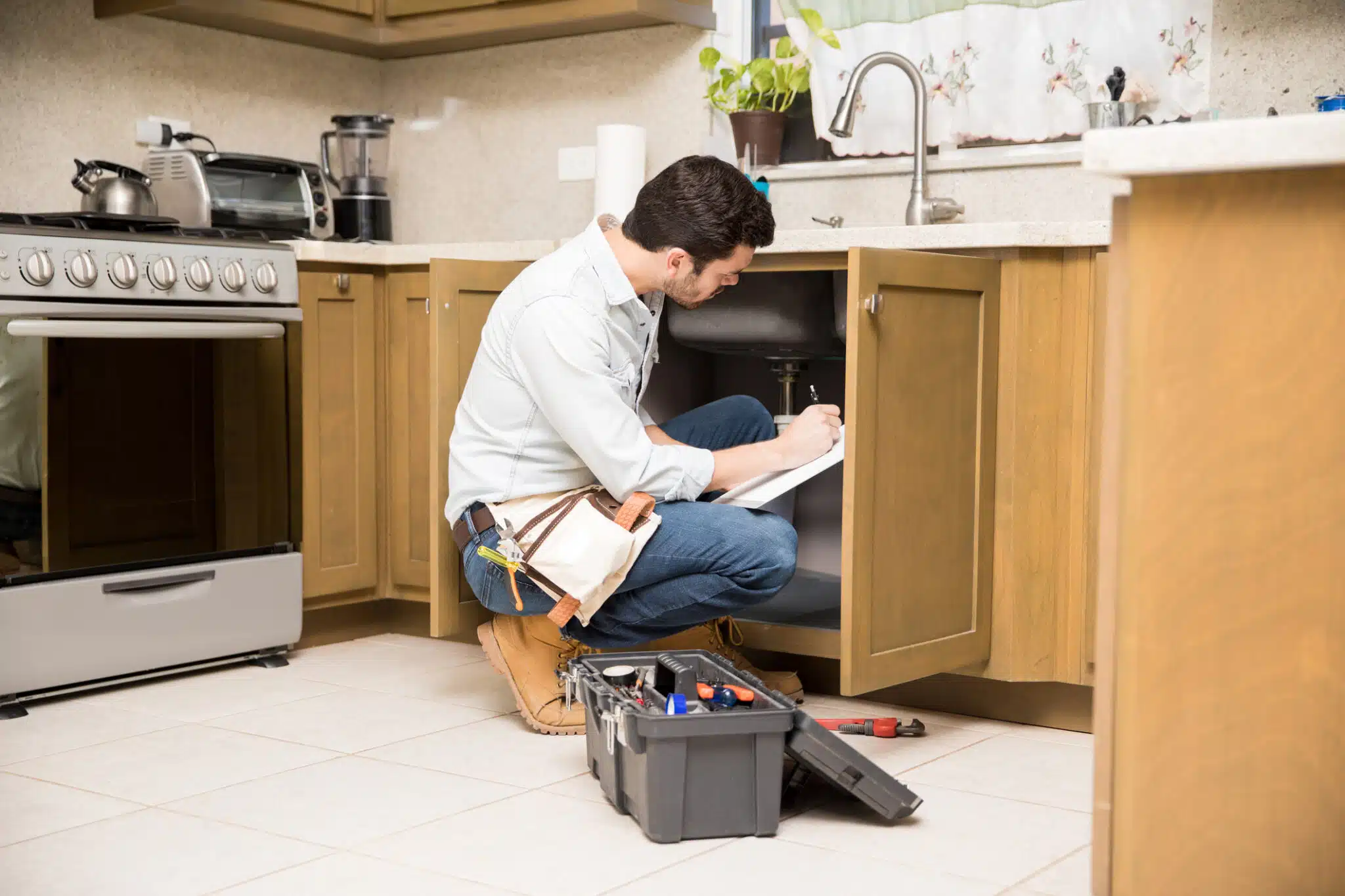
Preventing Plumbing Problems in Older Homes
While plumbing problems are common in older homes, there are steps you can take to prevent them. Regular maintenance and timely updates can help keep your plumbing system in good shape and avoid costly repairs.
Regular Inspections
One of the best ways to prevent plumbing problems is through regular inspections. A professional plumber can identify issues like leaks, corrosion, and weak points in your system before they become major problems.
Inspections should include checking pipes, drains, and fixtures for signs of wear and tear, such as rust, cracks, or slow drains. Catching problems early can save you money and prevent more serious damage to your home, like mold growth or water damage.
Scheduling annual inspections is a simple yet effective step to keep your plumbing system running smoothly and efficiently.
Updating Plumbing Fixtures
Updating old plumbing fixtures is another effective way to prevent problems and improve your home’s plumbing health.
Replacing outdated faucets, showerheads, and toilets with modern, water-efficient models can reduce the strain on your plumbing system, helping to prevent leaks and malfunctions.
New fixtures not only improve the look of your home but also help conserve water, which can lower your utility bills over time.
It’s a simple upgrade that can make a big difference, as modern fixtures are designed to be more durable and less prone to issues compared to older models. Investing in new fixtures is a cost-effective way to enhance both the functionality and aesthetics of your home.
Replacing Old Pipes
If your home has old pipes made from materials like galvanized steel, cast iron, or lead, it may be time to consider replacing them. Old pipes are more prone to leaks, corrosion, and other issues that can lead to major plumbing failures, such as burst pipes or contaminated water.
Replacing them with newer materials like PEX or copper can significantly improve water quality, increase water pressure, and reduce the risk of future problems. Though this can be a significant investment, it’s often worth it for the peace of mind and long-term savings on repairs.
Upgrading to modern piping materials is a proactive approach that can extend the life of your plumbing system and enhance your home’s overall safety and comfort.
When to Call a Professional Plumber
Knowing when to call a professional plumber can save you from turning minor plumbing issues into major problems. While some fixes can be handled with basic DIY skills, there are situations where professional help is essential to avoid costly repairs and ensure your home’s plumbing system functions properly.
- Persistent Low Water Pressure: Persistent low water pressure can indicate corroded pipes, hidden leaks, or a problem with your main water line. These issues are often complex and require a professional plumber to diagnose and fix accurately.
- Frequent Clogs: Recurring clogs in sinks, toilets, or showers often suggest a deeper problem, such as a blockage in the main sewer line or tree roots invading the pipes. While plungers and drain cleaners may provide temporary relief, a plumber has the tools and expertise to clear the blockage properly and prevent future issues.
- Discolored Water: Rusty or discolored water can be a sign of corroded pipes or a failing water heater, both of which require professional attention. Discolored water can lead to health concerns and should be addressed promptly to maintain safe, clean water in your home.
- Unusual Sounds: Banging, gurgling, or whistling sounds coming from your pipes are clear indicators that something isn’t right. These noises can be caused by air in the lines, water hammer, or pressure problems that can damage your plumbing over time. A professional can identify the cause and fix it before it leads to more serious issues.
- Emergencies: Emergencies like burst pipes, severe leaks, or frozen pipes demand immediate professional intervention to prevent extensive water damage. A plumber can quickly address these problems, minimizing damage and restoring your plumbing system.
Calling a professional plumber at the first sign of trouble ensures that issues are dealt with promptly and effectively, saving you time, money, and stress in the long run.
Ready to Tackle Your Plumbing Problems?
Don’t let plumbing problems in your older home turn into costly repairs! At Benjamin Franklin Plumbing of Lancaster, we specialize in solving plumbing issues for homeowners in Lancaster, PA, Lebanon, PA, and Reading, PA.
Our team of experienced professionals is ready to help keep your plumbing running smoothly. Contact us today to schedule an inspection and keep your home’s plumbing in top shape!

Plumbing Problems FAQs
How do I know if my older home has lead pipes?
Lead pipes are usually dull gray and can be easily scratched with a key. If you suspect lead pipes, it’s crucial to have them tested by a professional because lead in drinking water poses serious health risks. Addressing these plumbing problems typically involves replacing lead pipes with safer materials like copper or PEX.
What are the signs of a failing water heater in an older home?
Signs of a failing water heater include inconsistent water temperatures, rusty water, and unusual noises like popping or banging. Leaks around the unit also indicate plumbing problems that need attention. These common plumbing problems often mean it’s time to consider replacing your water heater, especially if it’s over 10-15 years old.
Can tree roots really damage my sewer lines?
Yes, tree roots can invade older sewer lines, causing significant plumbing problems like blockages or breaks. Roots are attracted to moisture and can enter through small cracks in pipes, creating major issues. Regular inspections and professional help can prevent or fix these serious plumbing problems.
What is the best type of pipe for replacing old plumbing?
PEX and copper are popular choices for replacing old plumbing to avoid common plumbing problems like corrosion and leaks. PEX is flexible and resistant to corrosion, while copper is durable and long-lasting. Consulting with a professional plumber can help you choose the best material to prevent future plumbing problems.
How often should I have my plumbing inspected?
Plumbing inspections should be done at least once a year, especially in older homes prone to plumbing problems. Regular inspections help catch small issues before they turn into major plumbing repairs. Keeping up with inspections can save you from unexpected plumbing problems down the road.




